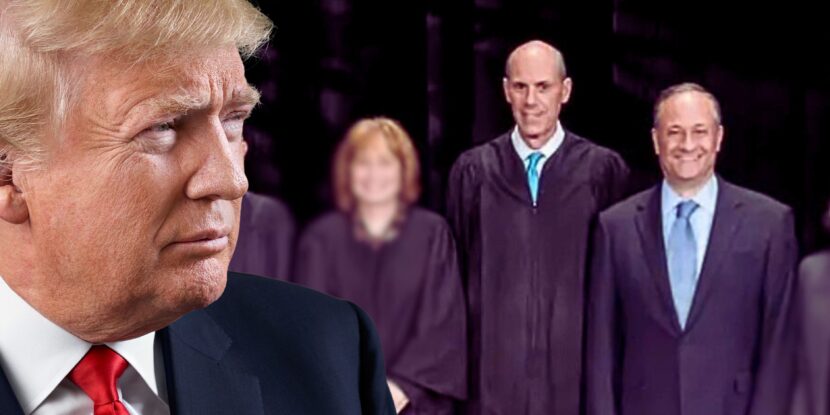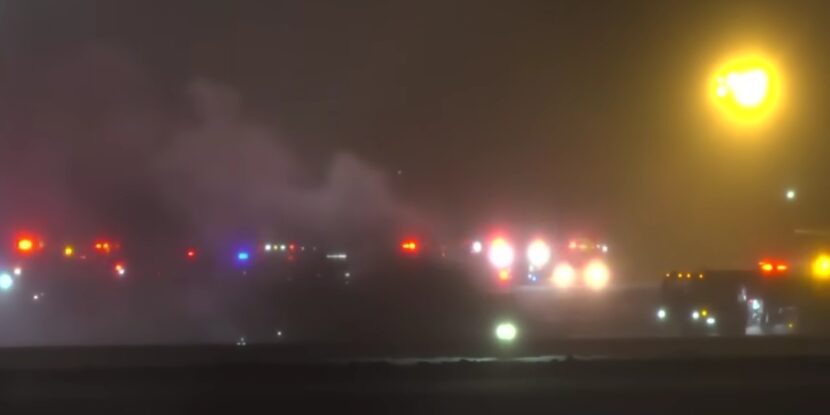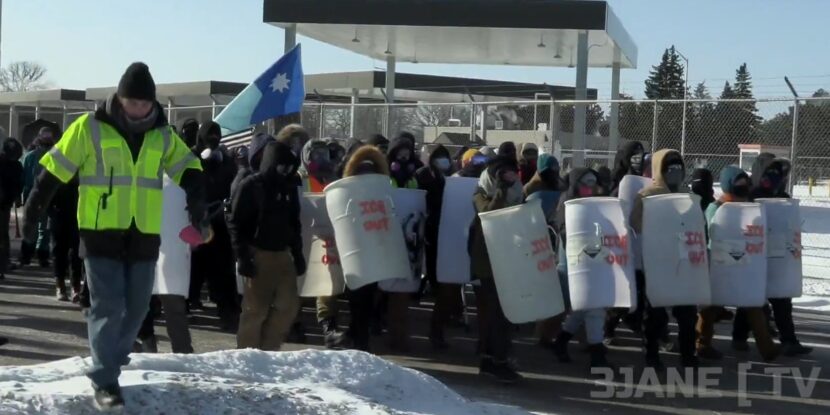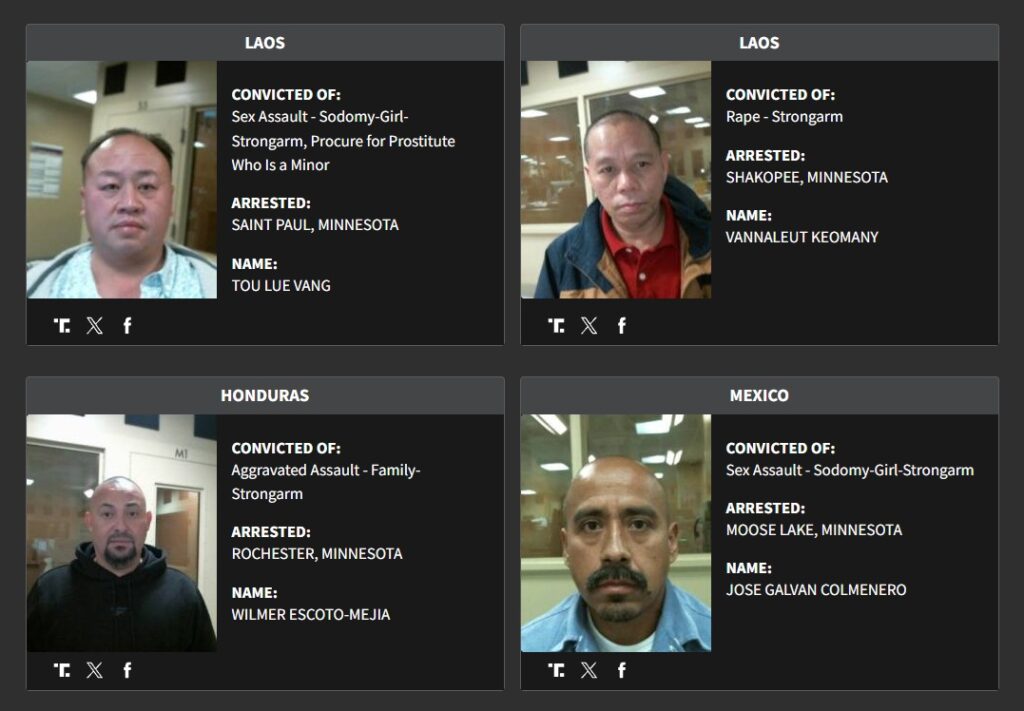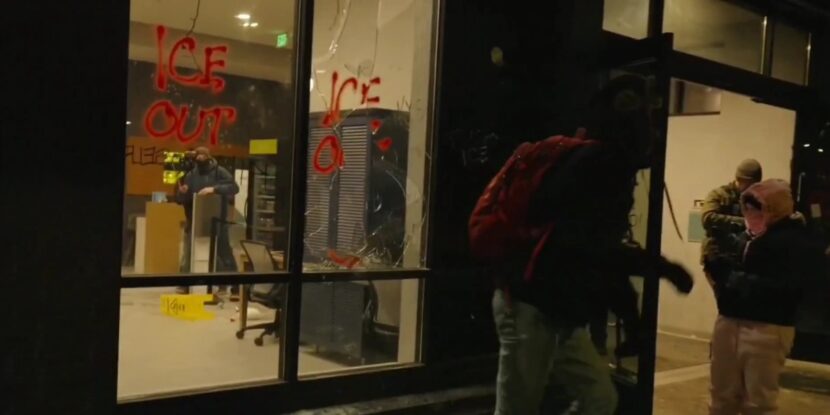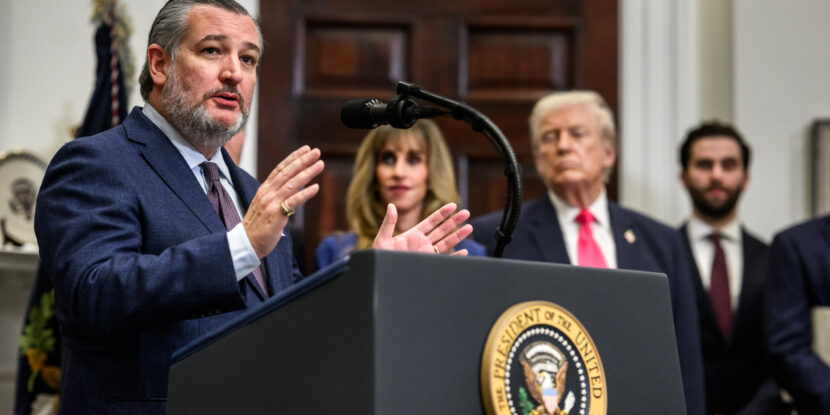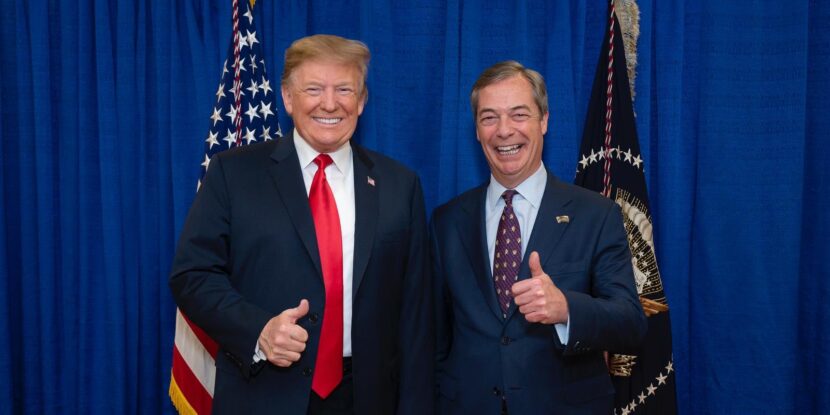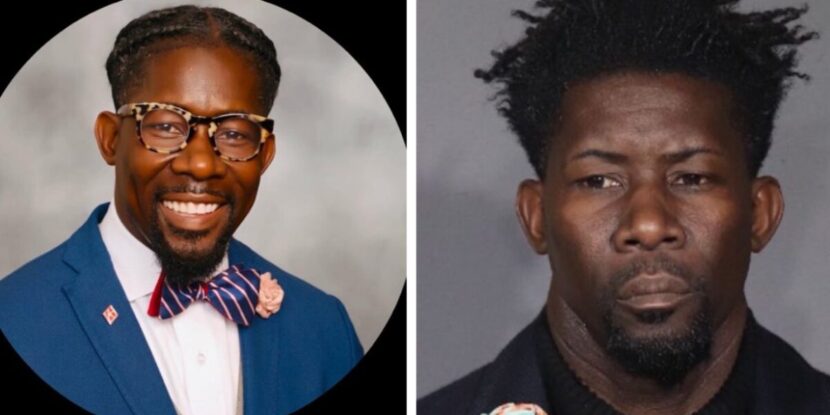PULSE POINTS:
❓What Happened: President Trump’s DOJ is appealing to the U.S. Supreme Court after a federal judge blocked the deportation of Venezuelan Tren de Aragua gang members using the Alien Enemies Act.
👤Who’s Involved: President Donald J. Trump, U.S. District Judge James Boasberg, DOJ, Tren de Aragua gang members, U.S. Court of Appeals for D.C. Circuit, and the governments of El Salvador and Venezuela.
🧠 Key Quote: “Only this Court can stop rule-by-TRO from further upending the separation of powers—the sooner, the better,” Trump’s legal team argues.
📍Where/When: The TRO was issued earlier this month; the appeal is now before the U.S. Supreme Court.
⚖️ Fallout: The D.C. Circuit refused to stay the order but allowed the appeal to proceed, acknowledging the national security implications. The case may set a precedent in reining in judicial overreach on executive powers.
🔥 Significance: This is a major test of presidential authority in national security, immigration, and foreign diplomacy. If SCOTUS sides with Trump, it could curtail the growing judicial trend of blocking executive actions via temporary restraining orders.
IN FULL:
President Donald J. Trump‘s Department of Justice (DOJ) is appealing to the U.S. Supreme Court an order by U.S. District Court Judge James Boasberg barring the use of the Alien Enemies Act to deport violent members of the Venezuelan gang Tren de Aragua. Earlier this month, Judge Boasberg issued a temporary restraining order (TRO) after the Trump White House began flights transporting illegal immigrant members of Tren de Aragua to El Salvador for detention in the country’s CECOT prison. The move came after an agreement between the United States, El Salvador, and Venezuela had been reached regarding how best to detain and house the gang members.
“This case presents fundamental questions about who decides how to conduct sensitive national-security-related operations in this country—the President, through Article II, or the Judiciary, through TROs. The Constitution supplies a clear answer: the President. The republic cannot afford a different choice,” President Trump’s attorneys write in the appeal. They continue: “Only this Court can stop rule-by-TRO from further upending the separation of powers—the sooner, the better. Here, the district court’s orders have rebuffed the President’s judgments as to how to protect the Nation against foreign terrorist organizations and risk debilitating effects for delicate foreign negotiations.”
“More broadly, rule-by-TRO has become so commonplace among district courts that the Executive Branch’s basic functions are in peril,” the DOJ adds.
Earlier this week, the United States Court of Appeals for the District of Columbia Circuit rejected President Trump’s motion to stay Judge Boasberg’s TRO. However, the appellate court did recognize that the unusual circumstance made the TRO issued by the District Court appealable, paving the way for the current question before the U.S. Supreme Court. The appeal could begin a process of rolling back an unprecedented number of TROs and other judicial rulings that have usurped executive branch powers.
